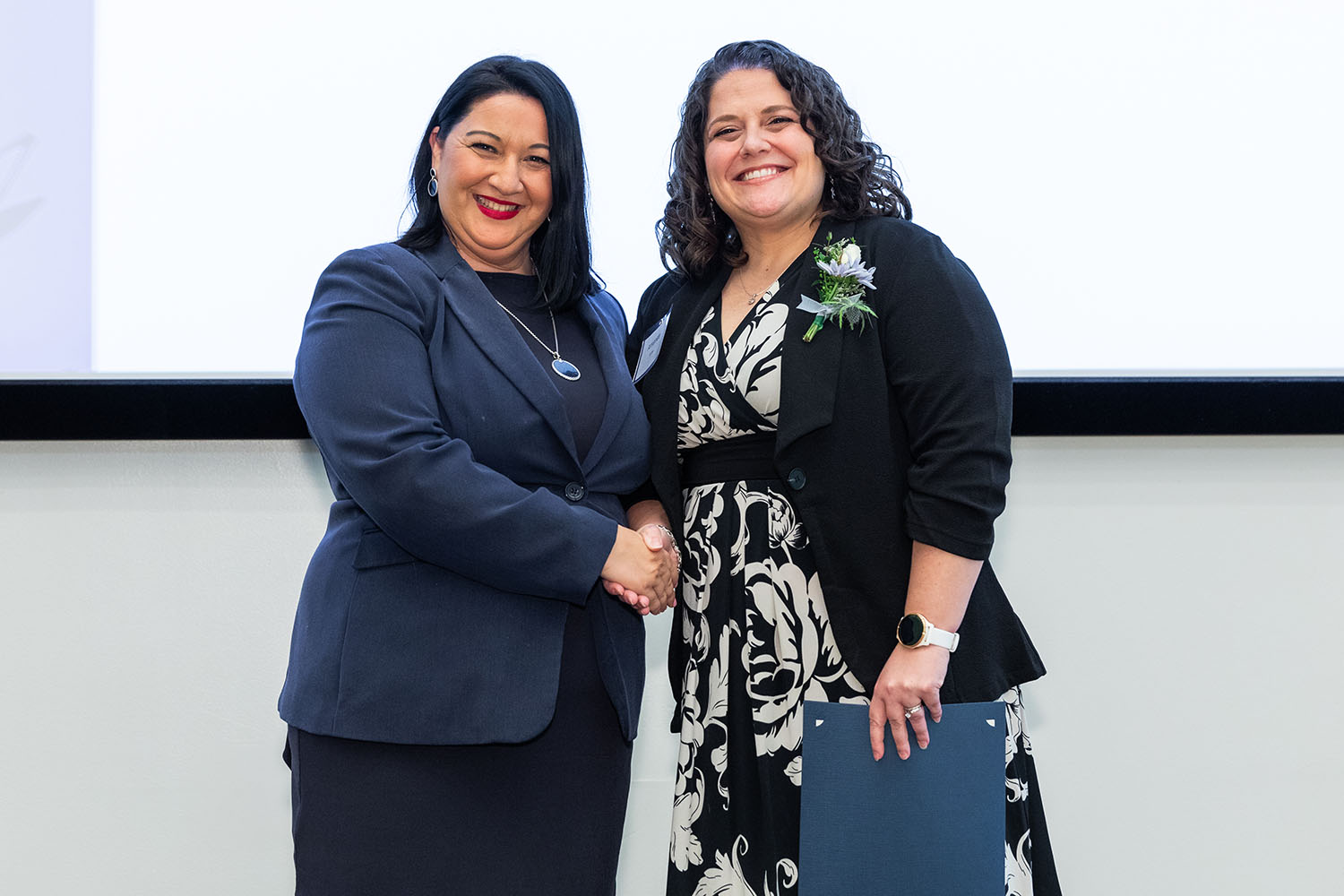In the face of an anticipated $45 million deficit next year, the University of Connecticut Board of Trustees today voted to increase tuition and fee rates by 2.5 percent. The move is expected to generate about $9 million for the University. The remainder of UConn’s deficit will be closed through spending cuts, cost savings, and increased revenue elsewhere.
The increase is in line with the rate of inflation determined by the state’s Office of Policy and Management. In his February budget address, Gov. Malloy requested that Connecticut’s public colleges and universities not increase tuition beyond that rate.
The board also voted to create a special committee of trustees to improve oversight of the compensation provided to senior university administrators.
“Our decisions about administrative salary levels should be based on sound personnel practices and comparisons to peer and aspirant institutions in higher education,” said Lawrence McHugh, chairman of the Board. “This board needs to take steps to monitor these salary decisions and minimize the opportunity for mistakes. I think it is vital in order to create public confidence in the University, as well as to promote needed transparency of this public institution, that we follow industry best practices and establish this committee.”
McHugh said he expects the committee will take several actions, including reviewing senior administrative salaries, reviewing organizational changes that result in position upgrades, receiving reports regarding comparative salaries at peer institutions, and establishing formal guidelines to conduct annual evaluations of the president.
Board member Francis X. Archambault Jr. will chair the group. “Our next steps are to form the committee itself, then move quickly and wisely ahead in carrying out our work,” said Archambault, noting that he would report back to the board on the committee’s progress.
The additional oversight would apply to senior positions that are not part of collective bargaining units. Pay scales for unionized employees are determined by their contracts.


